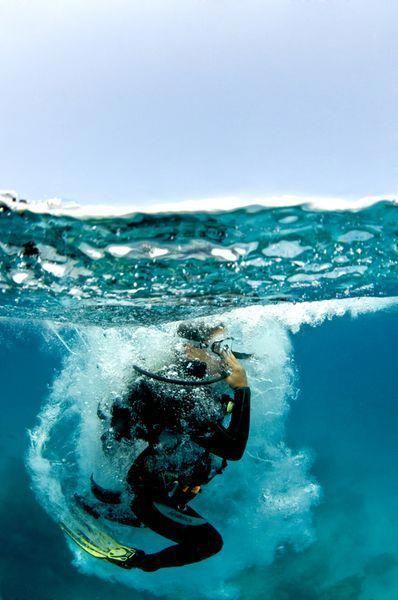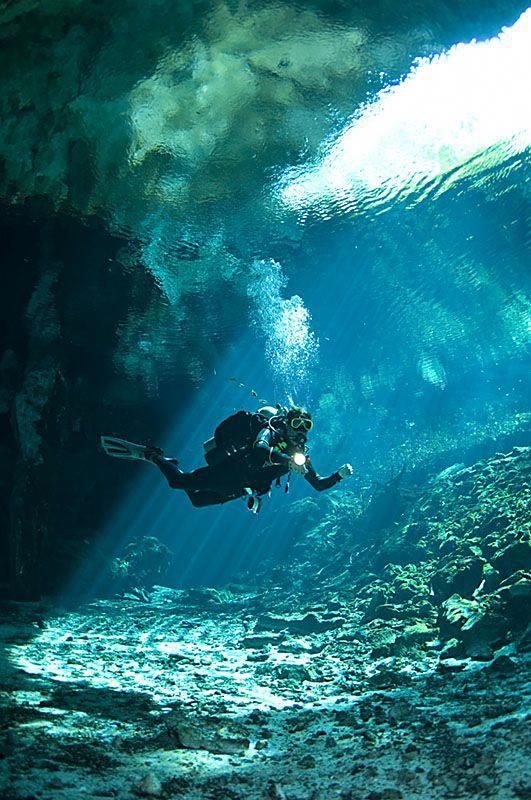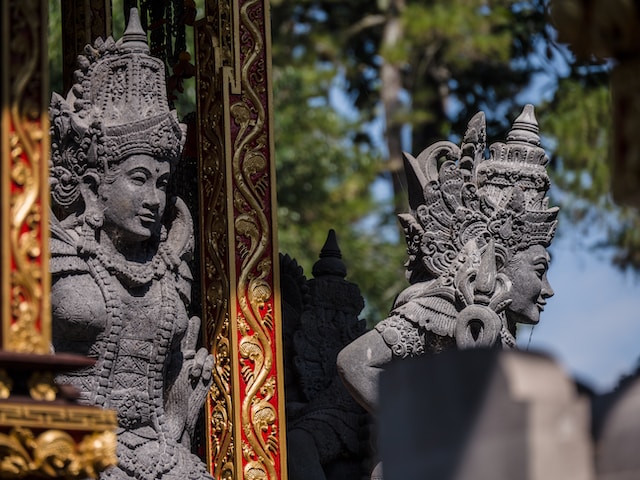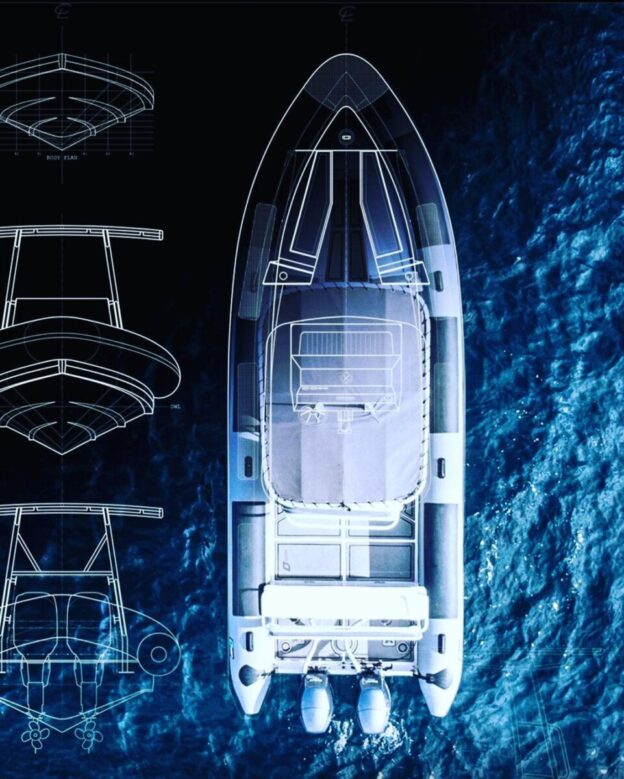One thing that enables us to visit the underwater to study and admire the marine life; airs. Among other safety gears, airs is the most essential thing for scuba diving. Conserving air is very important to learn during scuba diving lessons for beginners. More air means you have possibility to go for longer dives, having increased bottom time and becoming more confident underwater. These all helps to increase your chances to see more of the marine life. With limited air in your scuba tank, you want to save it as long as possible. Here are several ways and techniques every diving beginners need to learn to conserve your precious air underwater.

Always Breathe Slowly, Deeply, and Try to Relax
The most important scuba diving lessons is breathing lesson. The way you breathe directly impact your air consumption. During diving, it’s very vital to be conscious about your inhalations and exhalations. Slow and deep breaths, while essential to conserve air, also allow your body to absorb more oxygen. Exhale fully to reduce the volume of dead air as well as carbon dioxide. Lesser carbon dioxide levels means delaying the urge of taking another breath. Pause for one second on breathe to create a nice breathing pattern. Try to relax so you can better regulate your breathing patten. Avoid breathing too quickly either during excitement or panic situation—those all will increase air consumption.
Attach Your Snorkel to the Mask
During your scuba diving lessons for beginners, try to practice breathing with both snorkels and regulator alternately. Use snorkel to breathe when you are still on the surface. On actual dive, you will spend quite a time on the surface, whether to wait for your dive buddy or swimming to the anchor line to descend. Having your snorkel attached to the mask would be a great help to conserve more air than breathing through the regulator from the very start.
Practice Your Buoyancy Control on Scuba Diving Lessons for Beginners

Perfect your buoyancy control during your scuba diving lessons for beginners. Being able to control buoyancy result on using less energy, which in turn saving more air. Know that energy spend while you are fighting to keep on the bottom or floating on the surface directly relates with air consumption.
Streamline with the Currents
Spend less energy and decrease resistance by using the current for your benefit. Streamlining to the currents, instead of fighting against it, help you to dive in more relaxed manner which means reducing the air consumption.
More on Diving and Travel:
Immaterial Things to Bring to Komodo Diving Liveaboard
Things That Can Make Your Traveling Unforgettable
Dive Shallower and Slower
So this is the basic rule of diving; the deeper you get, the more air you consume. Therefore, the less time you can spend underwater. To conserve more air, try to dive just above the coral reefs. You can see much without spending a lot of air. Also, dive slowly to decrease energy use. Doubling the speed would only cost you four times of energy, which means consume more air.
Practice Checking for Leaks
All of your effort for reducing air consumption will go into waste if there’s a leak in your equipment. Learn how to check for leaks in your O rings, connection points, and inflator hose during your scuba diving lessons for beginners. Have your gears regularly serviced by professional.








